Marketing isn’t just about following the same old playbook. In today’s dynamic landscape, creativity and innovation are the keys to unlocking growth. As marketers, we’re …

All Things Marketing

Marketing isn’t just about following the same old playbook. In today’s dynamic landscape, creativity and innovation are the keys to unlocking growth. As marketers, we’re …

Crafting a compelling content marketing strategy is akin to navigating a complex labyrinth, each turn requiring careful consideration and strategic planning. In today’s digital landscape, …

Embarking on the journey of email marketing can be exhilarating yet daunting. With every send, you anticipate engagement, conversions, and ultimately, growth. But how do …

Delving into the world of market research unveils a dynamic landscape where consumer behaviors and preferences continually evolve. Amidst this ever-changing milieu, businesses strive to …

Embarking on a journey to enhance your business’s online presence and reach a broader audience involves navigating a complex landscape of marketing channels and strategies. …

Crafting a transparent ecosystem in programmatic advertising has emerged as a pivotal concern for marketers, advertisers, and consumers alike. The digital landscape, with its intricate …
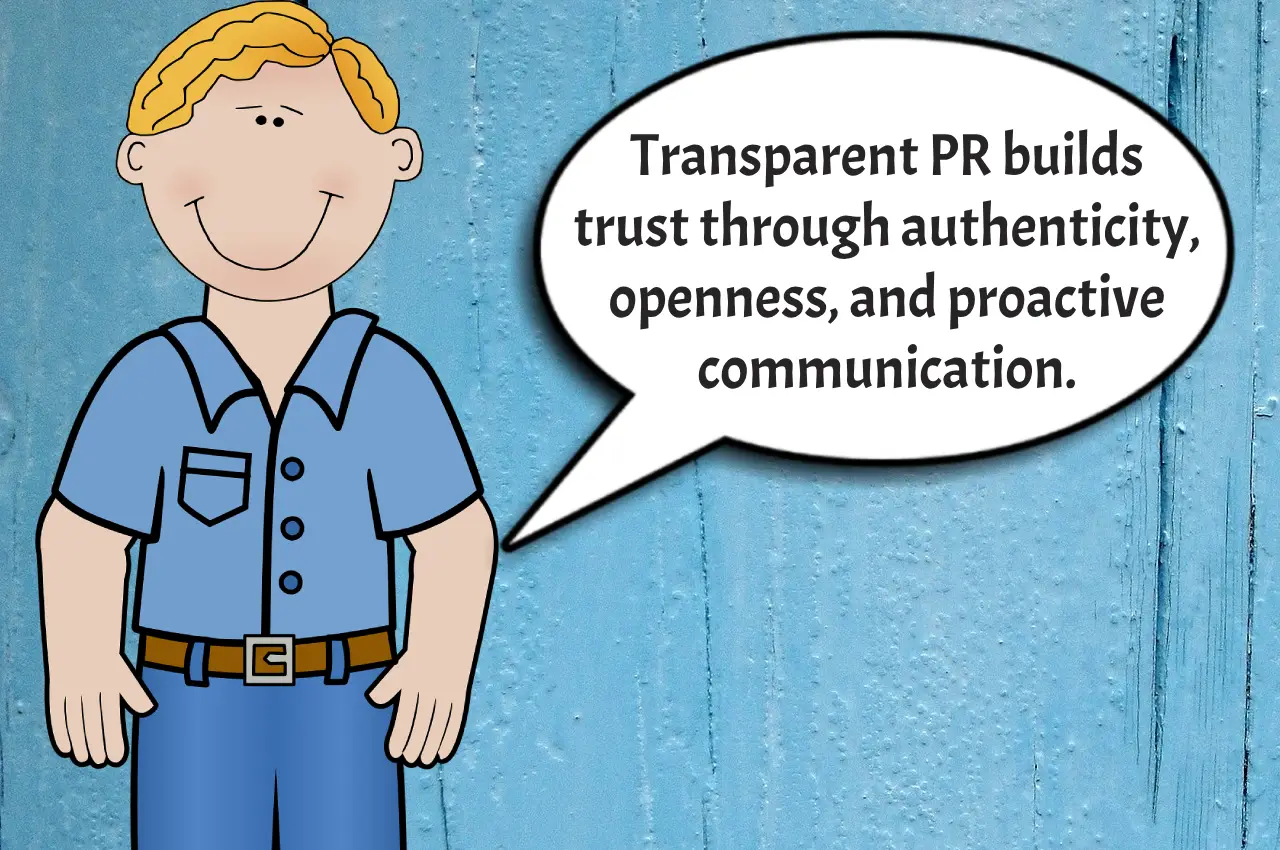
Crafting trust in the modern world can be likened to weaving a fabric of connections, each thread representing a moment of transparency, authenticity, and reliability. …

Visual branding is far more than designing a logo. It’s about crafting an identity that resonates, inspires, and communicates your brand’s essence. Every visual element …
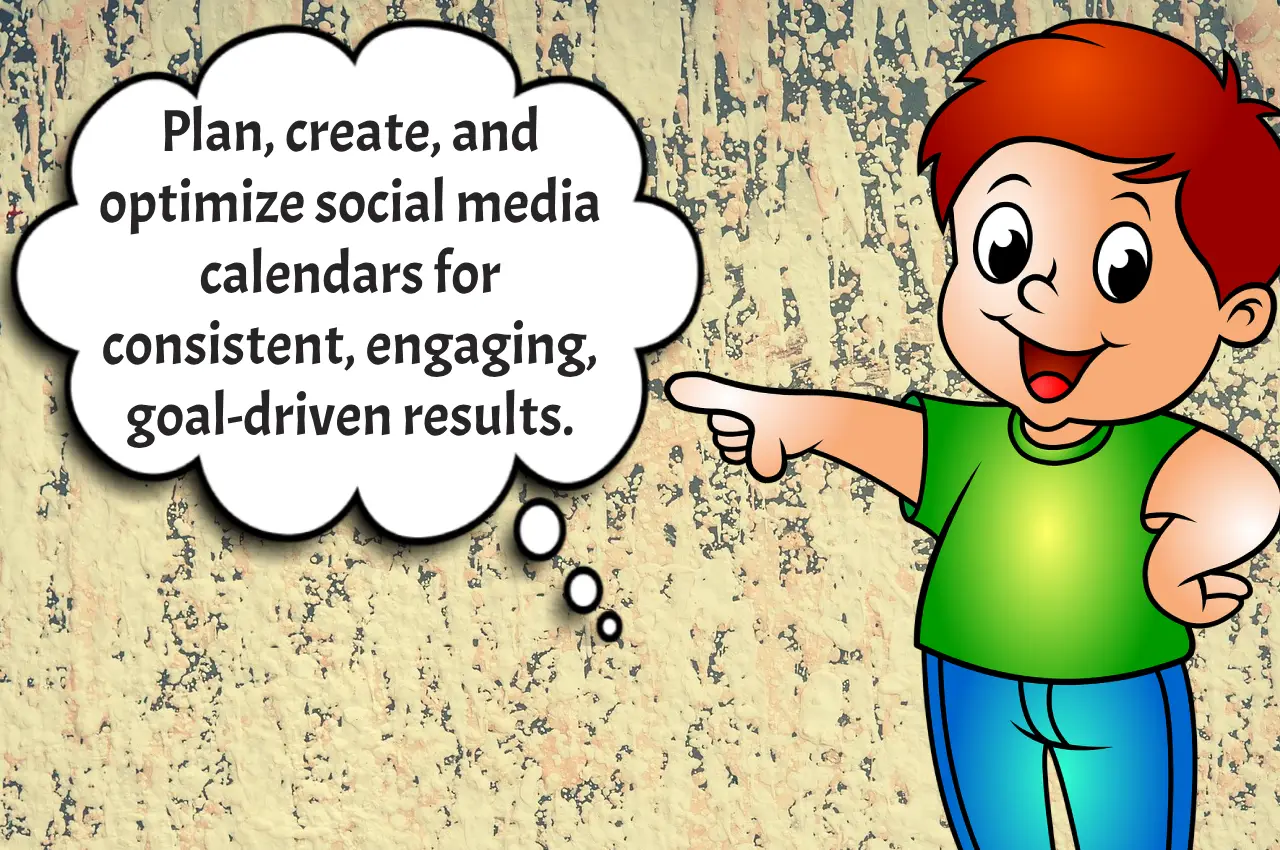
Welcome to the world of social media content creation, where every post counts and consistency is key. Whether you’re a seasoned marketer or a small …
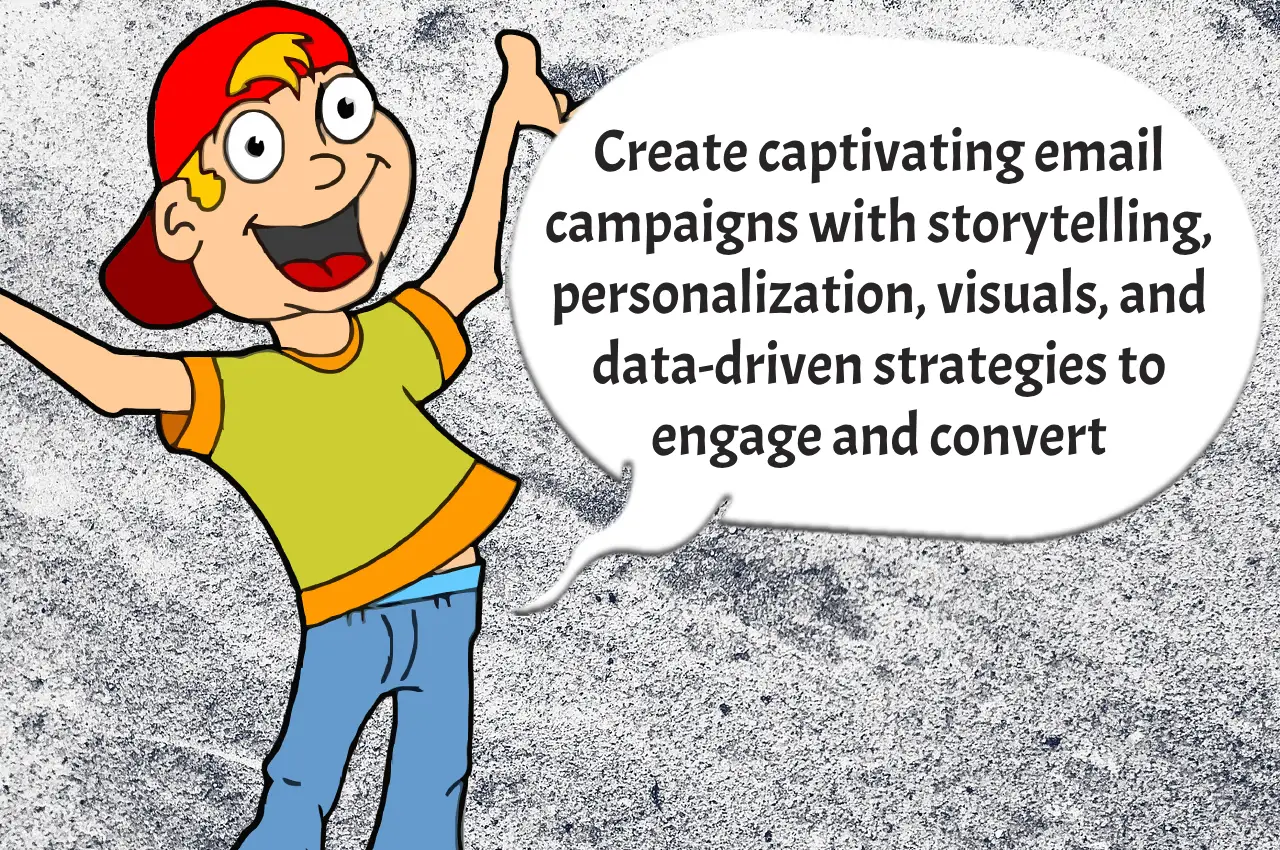
In a digital age where communication floods inboxes, creating compelling email campaigns is vital. Engage your audience effectively with these email content strategies. Email marketing …
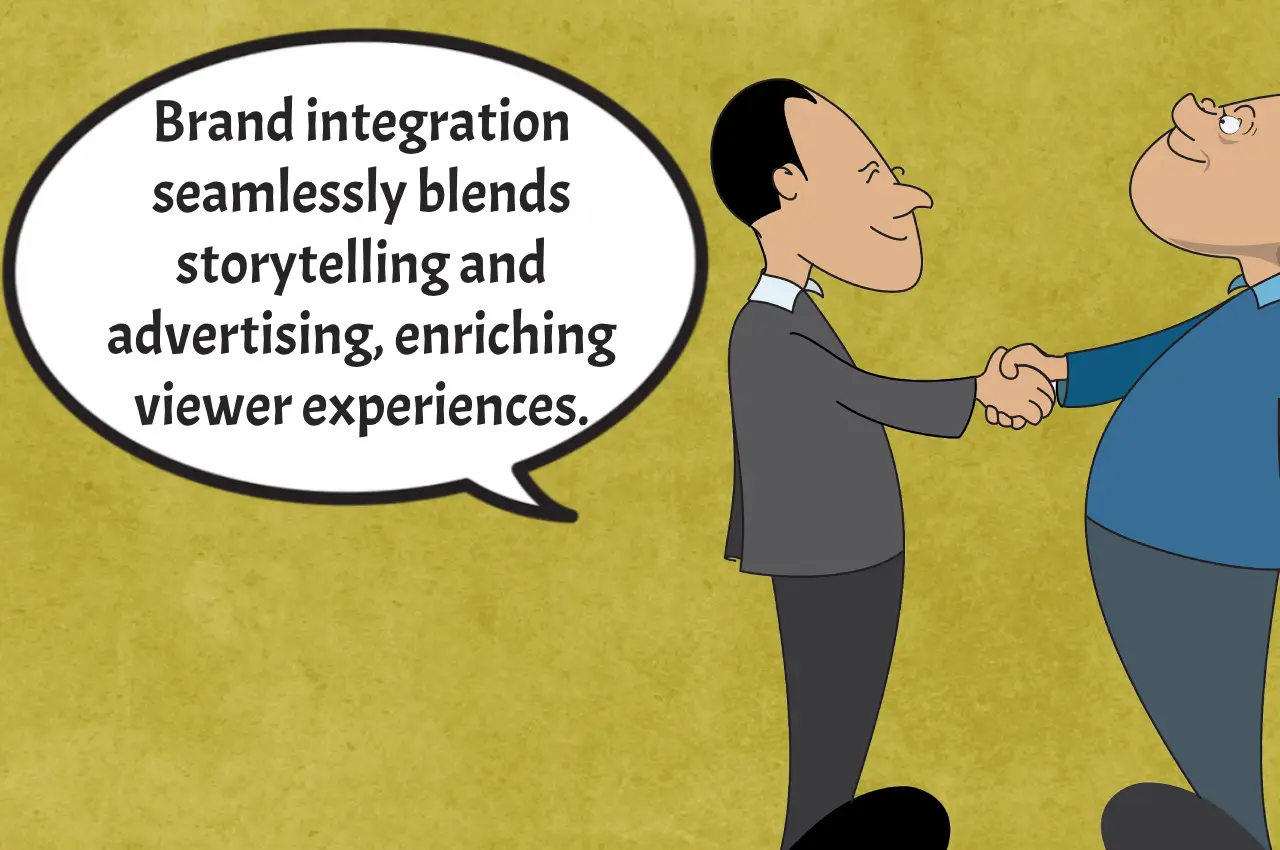
Television, the pulsating heartbeat of modern entertainment, doesn’t merely serve as a platform for storytelling. It has become an ever-evolving landscape where marketing strategies weave …
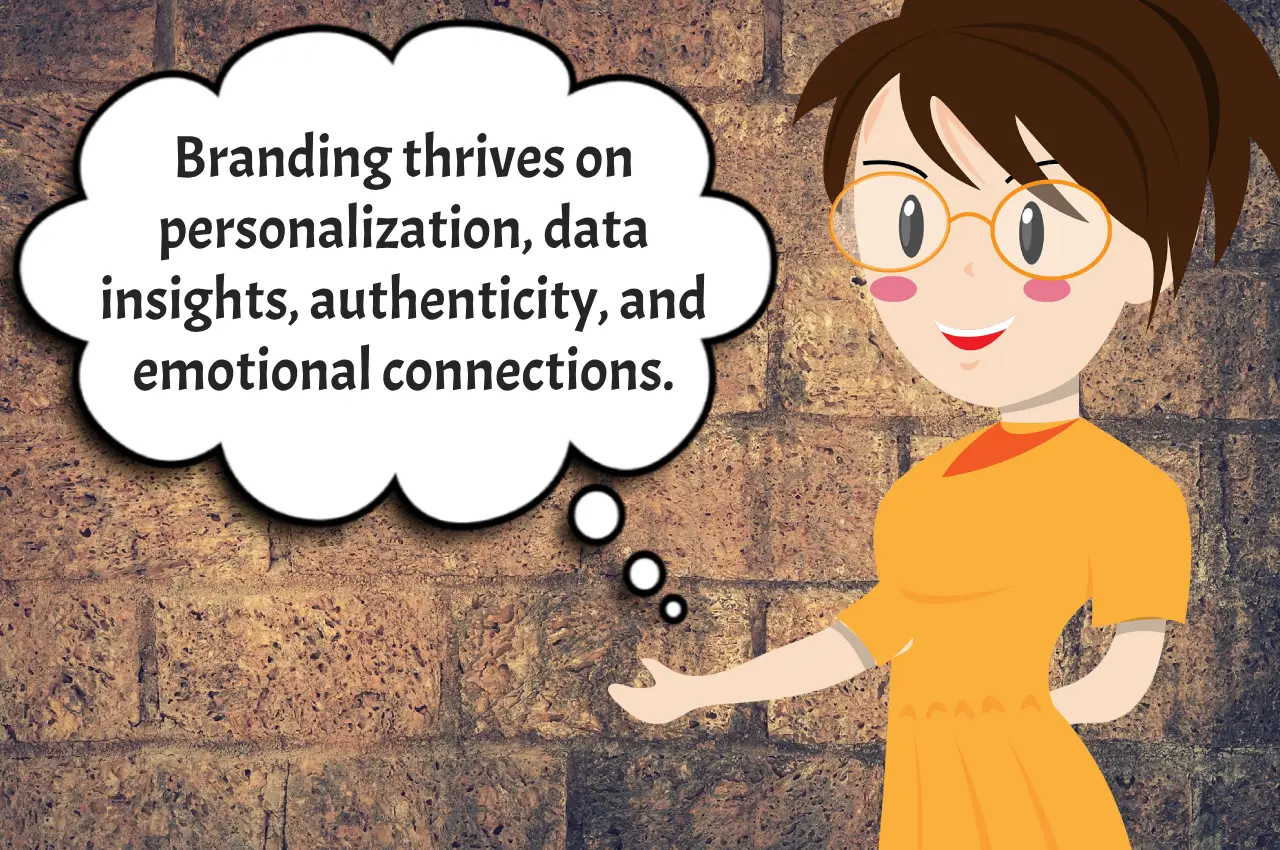
In a digital age where every scroll and click counts, branding has taken on a new dimension. It’s no longer just about catchy slogans and …
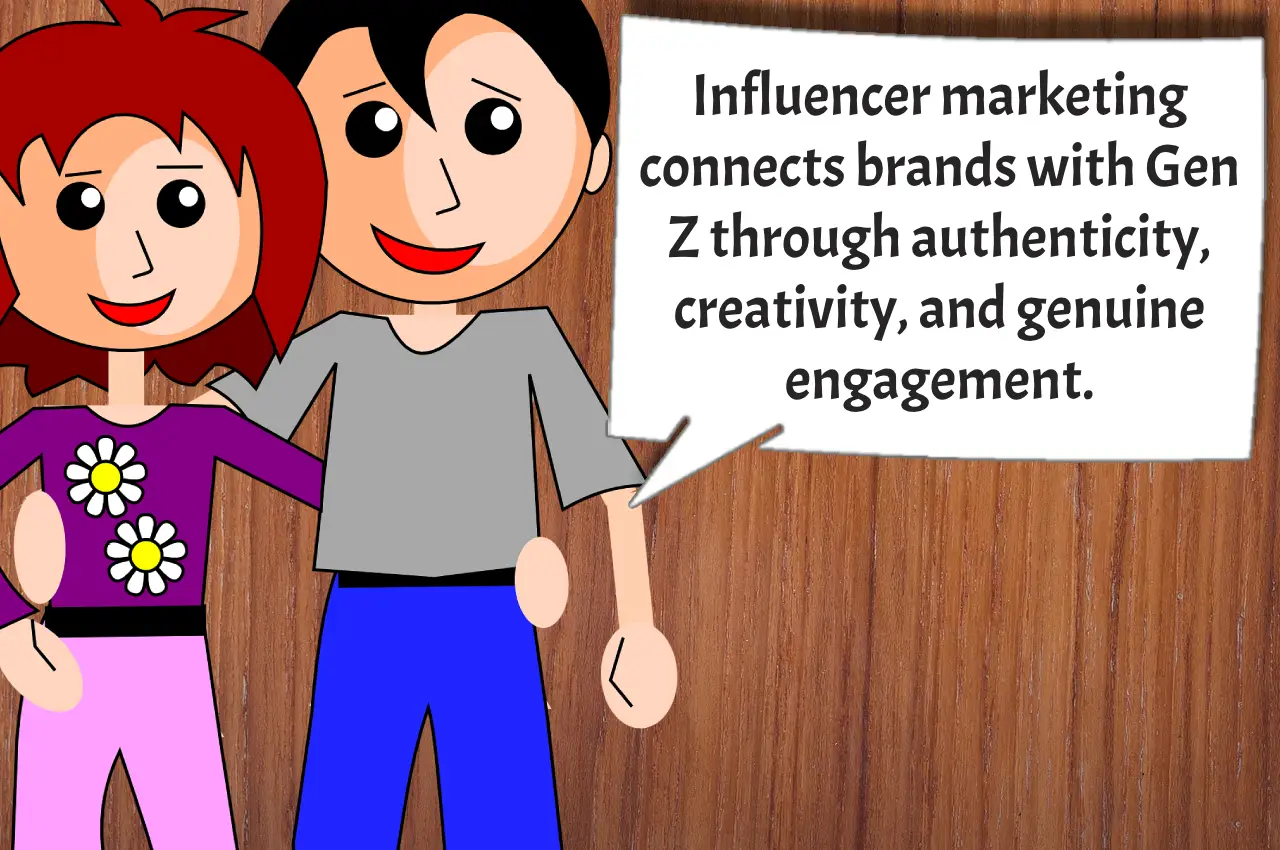
Engaging Generation Z is like deciphering a cryptic code: complex, dynamic, and ever-changing. However, in the vast landscape of marketing strategies, one approach stands out …

When it comes to marketing, there’s a misconception that you need a big budget to make a big impact. While having ample funds certainly helps, …

Marketing thrives at the intersection of creativity and strategy. This union brings brands to life, connects them with audiences, and drives results. Great marketing design …
